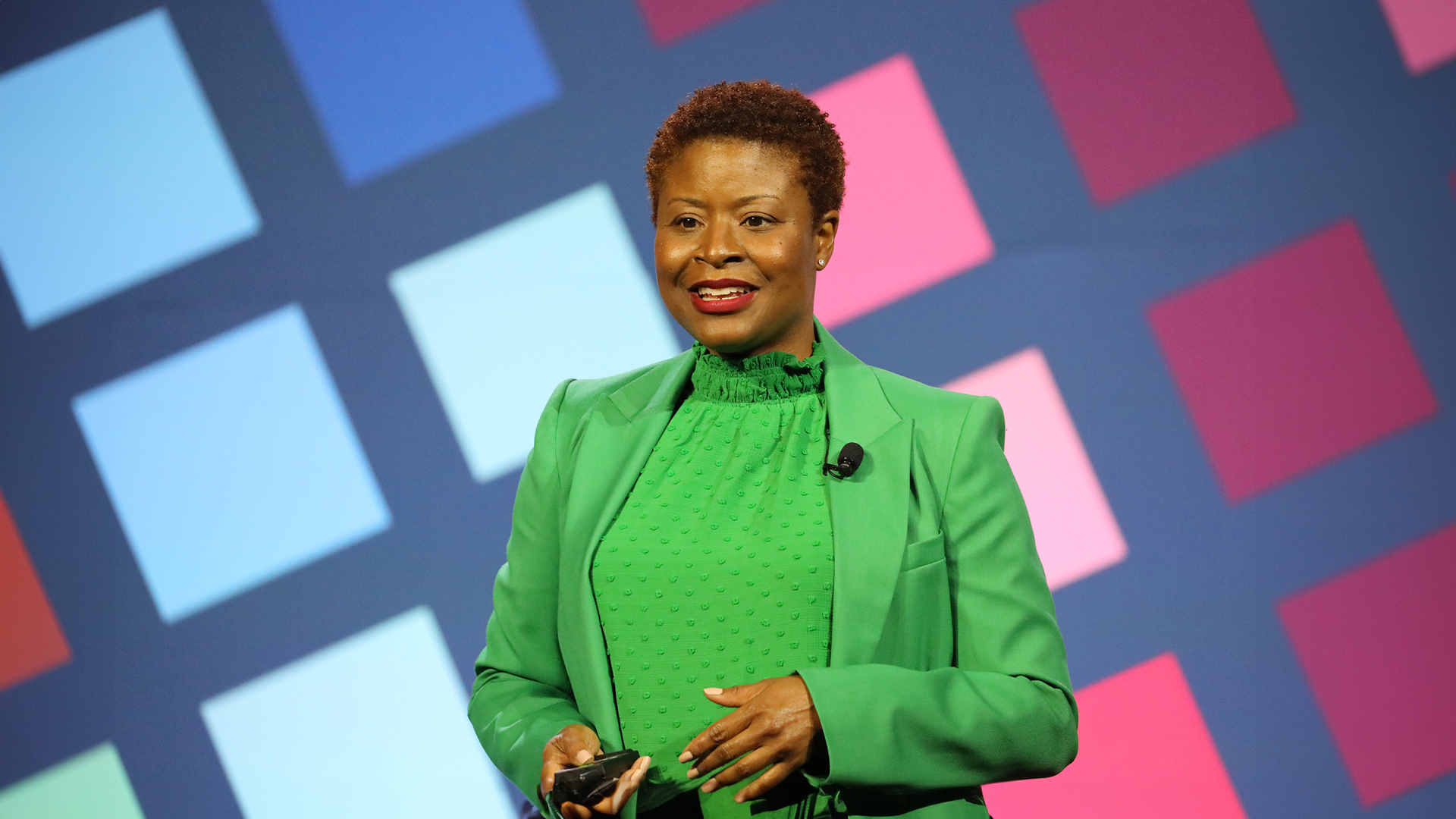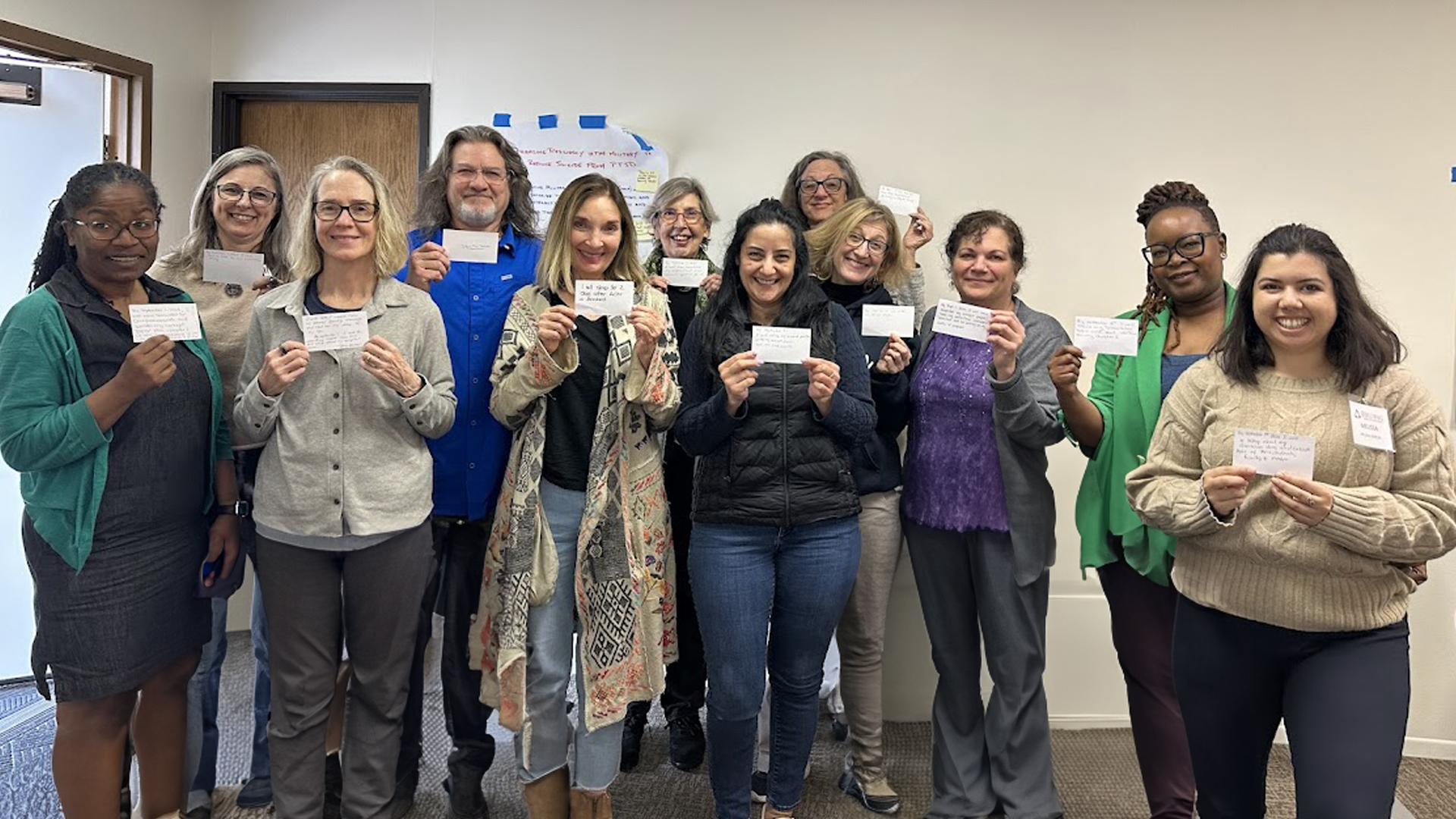Dear Fielding Community,
This morning, the U.S. Supreme Court released a decision to prohibit the use of race as a factor in college admissions. This setback against affirmative action may have wide-ranging impacts for communities already affected by disparate learning opportunities and will raise even higher barriers to educational opportunity and socioeconomic mobility. This decision overturns four decades of precedent. Sadly, the racial traumas from our nation’s past still linger, and it is only a generation or two that separates us from legal segregation in schools. “The recent gains of continued anti-racist work at many of our colleges and universities have been centered in our shared understanding that race and specifically racial exclusion have and continue to play a central role in the evolution of democracy in the United States. The central goal of diversity and inclusion work, past and present, is that all leaders engage in critical self-reflection on issues on race, diversity, and increased access and opportunity” (Granberry, 2022).
It is clear, given the unprecedented rise of extremism, anti-LGBTQIA+, antisemitism, and other acts of violence, that our country is not at a point where we can ignore race and racism.
Let me be clear: Fielding Graduate University will remain rooted in our institutional values and academic freedom, while simultaneously being firmly committed to antiracism and racial equity in actively confronting racialized practices that impede student success. Through these efforts, we seek to create authentic belonging that makes up the rich diversity of the Fielding community. It is important to remember that as members of a pluralistic democracy, we have a responsibility not only to ourselves but to one another. This entails the capacity to embrace the rich tapestry of ideas, lived experiences, textures, and colors that make up our shared humanity.
Moving forward, we will carefully review the decision and will make any necessary changes to our processes to comply with the ruling while ensuring we continue to achieve our mission-driven goals of providing access, opportunity, equity, and inclusion for students. Fielding holds dear the promise of a transformative education, no matter the circumstances or background of an individual. The recent Supreme Court decision does not deter our current admissions process from our unwavering commitment to admitting students based on a comprehensive review of their capacity for excellence, a strategy that honors and upholds our values of justice, equity, diversity, inclusion, and belonging. Fielding Graduate University will continue to honor its commitment to inclusive excellence by recruiting and communicating broadly.
Regardless of your perspective or views on the decision, we shall prevail as a nation. As Dr. Martin Luther King Jr., stated, “the arc of the moral universe is long, but it bends toward justice.” While this news is not what we envisioned, we can draw examples and strength from a legacy of social justice leaders. We must accept one central truth and responsibility that “[f]reedom is not a state; it is an act. It is not some enchanted garden perched high on a distant plateau where we can finally sit down and rest. Freedom is the continuous action we all must take, and each generation must do its part to create an even more fair, more just society” (John Lewis, Across That Bridge: A Vision for Change and the Future of America).
In Spirit,
Allison Davis-White Eyes, Ph.D.
Senior Vice President of Diversity, Equity, and Inclusion
Join Over 7,500 Fielding Alumni Located Around The World!
Change the world. Start with yours.™






Get Social